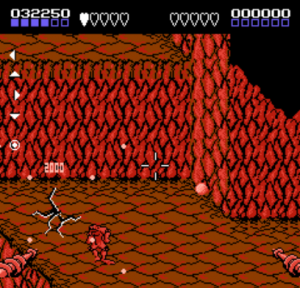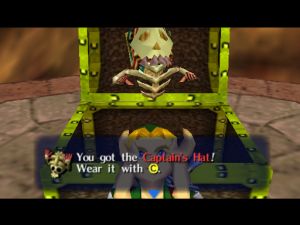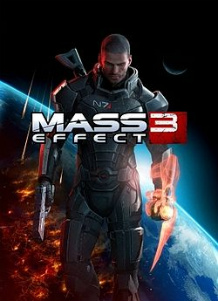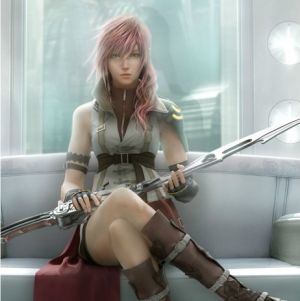Mass Effect and Video Game Narration
By Zak Edwards
April 5, 2012 - 20:39
Ever since its release, the internet has been on fire about Mass Effect 3 and its disappointing ending, to the point that Bioware has announced a free DLC to satisfy fans. I cannot speak to the ending in terms of plot or character familiarity, I only played the first Mass Effect for about twenty minutes before realizing the character I had painstakingly created had, as my roommate at the time put it, “Julia Roberts mouth” and turned it off, but I would like to talk more generally about Mass Effect 3, perspective, and video game narratives. Hopefully, we can figure why games are so interesting while looking at how the stories are told.
 |
Second person perspective is a narrative viewpoint that speaks directly to the audience using words like “you” and “we” to dictate to the audience what they are doing. Video games have been using this since the days of text-based computer games, in which a player would type in actions and the computer would tell them the result. For example, the player could type in “Use Key” and the computer would tell you “You have unlocked the door.” The perspective makes sense, the character players control is a sort of avatar, not necessarily blue, but certainly a stand-in for the actual player. Battletoads for the NES has a early boss battle that uses a second-person narration where the player sees through the eyes of the boss as the characters attack it.. Games continue to do this, players can often choose the names of their characters and certainly every time Link opens a chest, the game’s informer (possibly narrator) tells you that “You have received <blank>.” Not to mention players are directly controlling game protagonists, further occupying the second-person role; a player tells a character to move and the game allows as such in an immediate audio-visual response. Games, therefore, seem to frequently use some form of second-person narrative simply because they involve a person acting on the screen as the visual and audio sends messages about what you are doing. The major difference is how this technique is used.
 |
Video games, by contrast, are constantly giving the audience control. Characters can run around, fight enemies, pause the game, etc, and, as sandbox gaming becomes more popular, games are adopting a more open feel. With this feel approach, the second-person narrative of video games has caused an explosion of
 |
As video games become more open in terms of gameplay, the gamer forgets who is actually in control. The illusion is the gamer can do whatever they want and is a huge selling feature, but people forget what happens for the most part in games. Characters are usually able to take multiple paths, this is true, but this doesn’t mean the plot is controlled by the player, it is at best selected. After all, Shepard will have to save the galaxy eventually unless the player abandons the game, Serah and Noel will resolve the timeline, and Niko Bellic will eventually be a successful criminal in Liberty City. Gamers have only strict levels of control and when this illusion is challenged, gamers have been getting increasingly irate.
 |
Mass Effect is extremely similar, but with a single larger issue. Players can choose how their characters look, their name, and choices can be made that change the games in some ways, such as alignment and these types of things. On top of this, the game allows you to move around, a lot. You can move from planet to planet without realizing that you aren’t actually moving along the plot. At its core, Bioware is doing what Square-Enix did: they are telling a relatively singular narrative, but with an implied level of control that simply doesn’t exist. Thus, when players got to the end, they were disappointed that their ending wasn’t what they had worked towards. The reason people were angry with the ending of the Mass Effect trilogy is because the lack of control video games have in their second-person narratives was suddenly made evident. It revealed that players were never really in control and that their decisions throughout were extremely arbitrary. The narrator, the one telling ‘you’ what you were doing, was made clear.
Really, it reminds me of what Alex Wilder says in an issue of the Runaways: “Rule number one of gaming: a good dungeon master always makes his players feel like they're in control, especially when they're not.”
Related Articles:
ECCC: Dark Horse Announces Mass Effect: Foundation
Mass Effect and Video Game Narration
Dark Horse Comics Announces New Mass Effect Comic
EA and FUNimation Entertainment Announce Mass Effect Anime Movie Deal
Mass Effect 2 PS3 Launch Trailer
SDCC 2010: Dark Horse to give First look at Mass Effect: Evolution
Mass Effect 2 Comics for iPhone
Dark Horse to Publish Comic Book Based on Mass Effect
EA and Dark Horse To Create Mass Effect Comic Series
Free DLC Available For Mass Effect On PC
